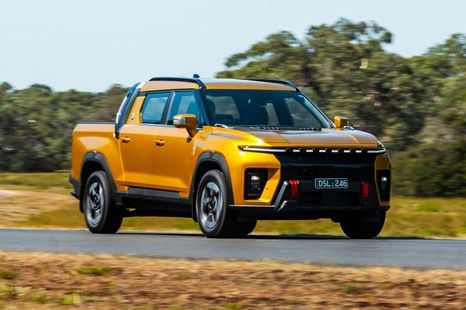

Ben Zachariah
2026 KGM Musso EV review
5 Hours Ago
The newly elected New Zealand National government has pledged to kill EV subsidies, and fees for higher-emission vehicles this year.

News Editor
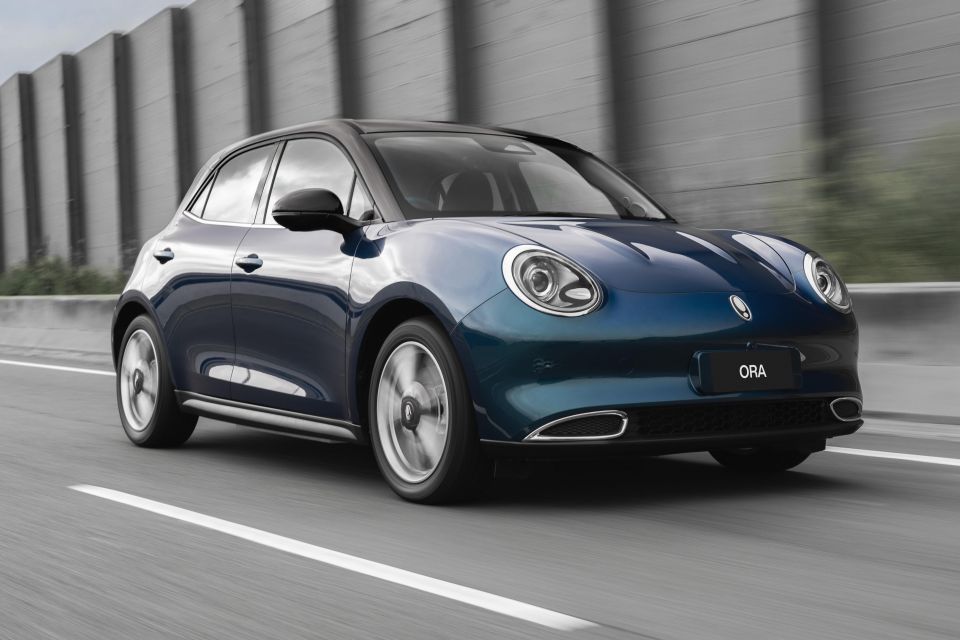

News Editor
New Zealand’s newly elected National government is set to scrap an electric vehicle (EV), plug-in hybrid (PHEV) and hybrid incentive scheme, commonly referred to by critics as the Ute Tax.
One of the party’s promises that it took to the October 14 election was to scrap the Clean Car Discount Scheme by December 31, 2023.
“Labour’s unnecessary, regressive, and fiscally irresponsible Ute Tax and Clean Car Discount Scheme will be scrapped as part of National’s first 100 days, giving hardworking New Zealanders an assurance they will be able to purchase the vehicles they need without being unfairly punished,” said National’s Transport spokesperson Simeon Brown shortly before the election.
“It’s clear that Labour’s Ute Tax and Clean Car Discount is a reverse-Robin Hood scheme, taxing hardworking Kiwis for the vehicles they need to subsidise other people to buy new cars.
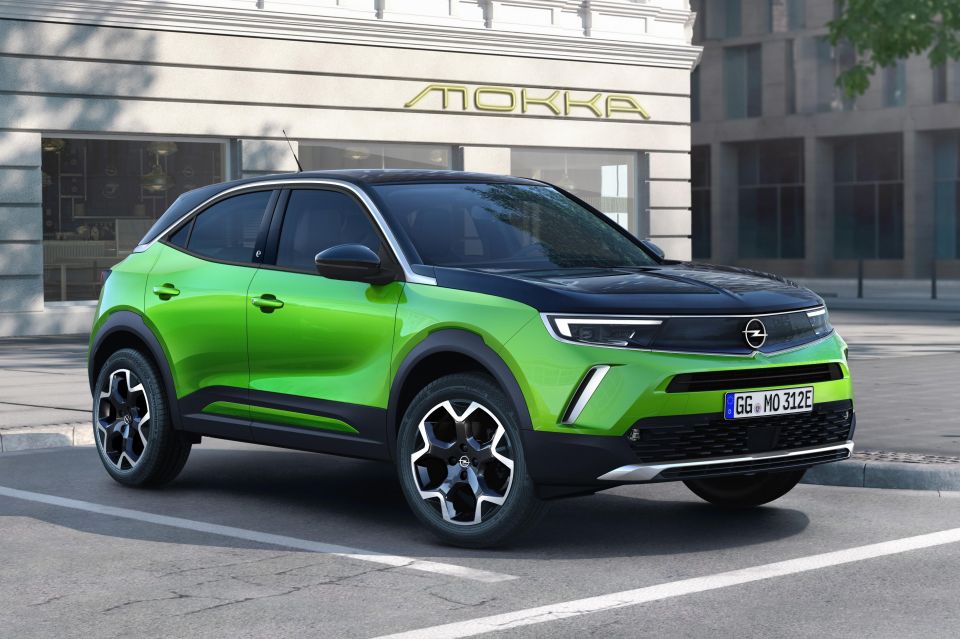
“National does not believe New Zealanders who can afford to buy a brand-new electric car need a subsidy from hardworking taxpayers to pay for it.
“This is a poor use of public money, and the Ministry of Transport has said the subsidy scheme is fiscally unsustainable.”
The party contends over NZ$500 million (A$463 million) has been paid out in rebates on new EVs since July 2021 “at the expense of hardworking farmers, tradies and taxpayers”, and that Labour’s figures had been wrong.
Waka Kotahi NZ Transport Agency data found the scheme cost the government an additional NZ$281 million (A$260 million).
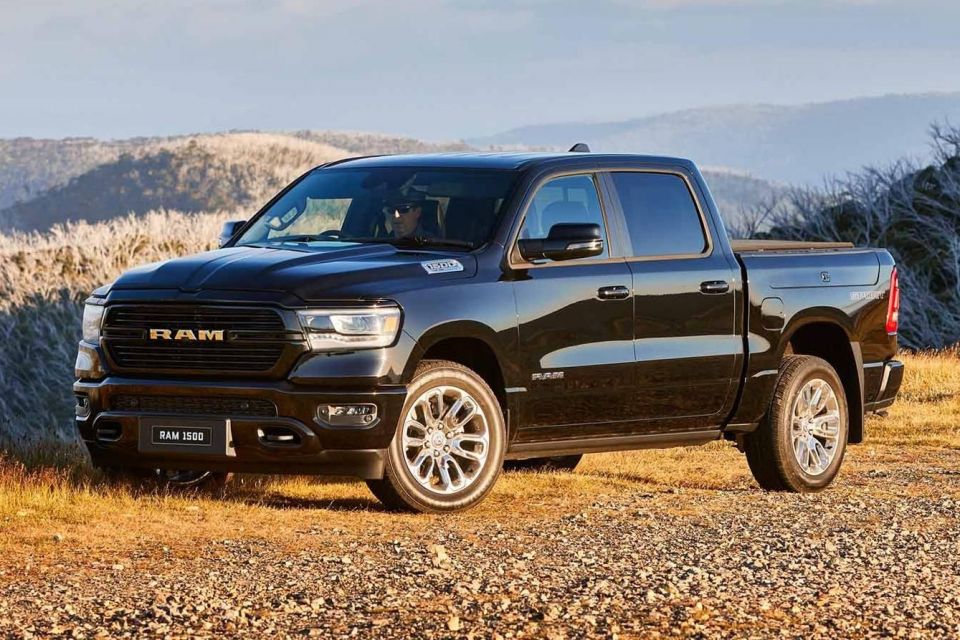
This was attributed to the scheme starting initially with rebates for new and used zero- and low-emission vehicles, and only later introducing the fee aspect despite the plan being touted by Labour as being fiscally neutral.
The fee element came into effect in 2022, at which time the scheme was expanded to allow for rebates for other low-emission vehicles like hybrids with a new sliding scale for emissions.
Even after July 1, 2023 changes that modified emissions thresholds and rebate amounts, New Zealanders have still been offered rebates of up to NZ$7015 (A$6497) for new EVs and charged fees of up to NZ$6900 (A$6390) for vehicles with carbon emissions of 150g per kilometre or more.
Prior to last weekend’s election, Labour touted a reduction in the average emissions on new vehicles of 33 per cent since the scheme’s implementation, as well as a 180 per cent increase in the uptake of electrified vehicles with 156,000 rebates paid to customers.
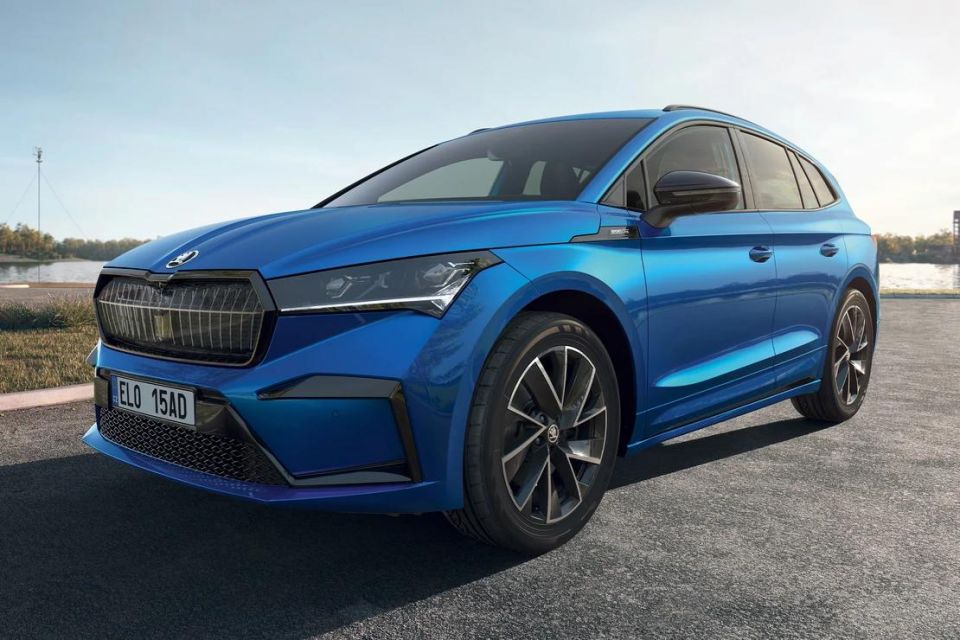
The new National government won’t scrap all of its predecessor’s initiatives, however.
It has pledged to retain the Clean Car Importer Standard, implemented to encourage manufacturers to import low and zero-emissions vehicles.
It’s also pledged to invest NZ$257 million over four years to deliver a network of 10,000 public EV chargers by 2030, around 10 times as many chargers as exist at present.
William Stopford is an automotive journalist with a passion for mainstream cars, automotive history and overseas auto markets.


Ben Zachariah
5 Hours Ago


James Wong
5 Hours Ago
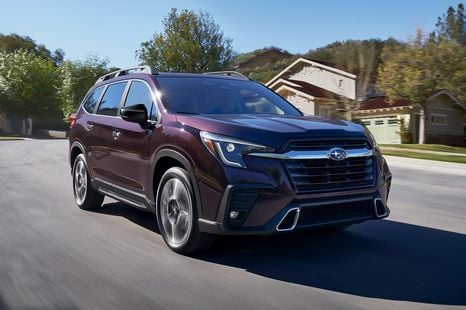

James Wong
5 Hours Ago
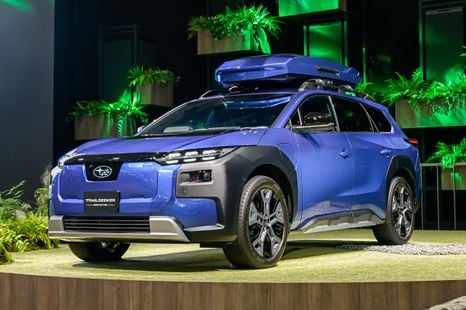

James Wong
5 Hours Ago
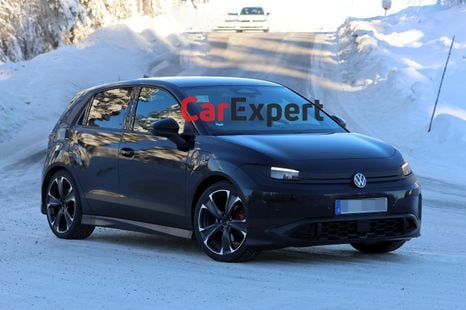

Damion Smy
12 Hours Ago
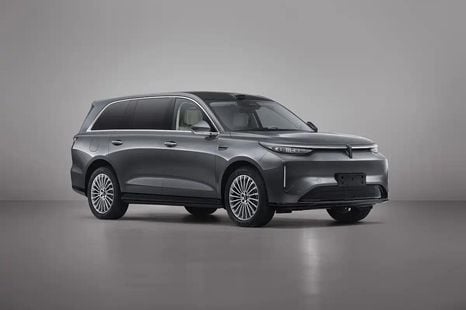

William Stopford
13 Hours Ago
Add CarExpert as a Preferred Source on Google so your search results prioritise writing by actual experts, not AI.